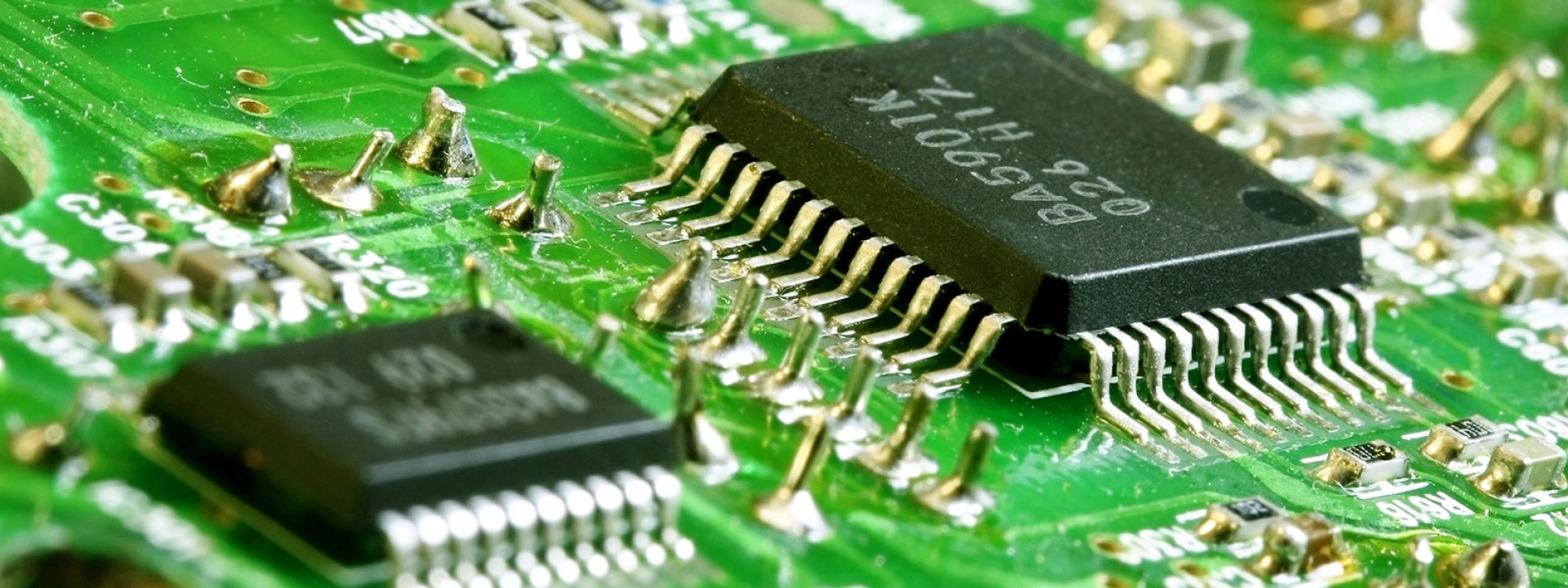News & Events
The US Department of Commerce's Bureau of Industry and Security (BIS) has announced that it is implementing a series of targeted updates to its export controls to restrict China's ability to both purchase and manufacture certain high-end chips used in military applications.
The new rules also restrict US persons from supporting the development or production in China-located facilities without a license. And experts said all major chip equipment manufacturers will be impacted by the new rules.
The export controls announced in the two rules restrict the PRC's ability to obtain advanced computing chips, develop and maintain supercomputers, and manufacture advanced semiconductors used by China to produce advanced military systems including weapons of mass destruction. Advanced chips are also used by China to improve the speed and accuracy of its military decision making, planning, and logistics, as well as of its autonomous military systems, and commit human rights abuses, said BIS.
These rules make clear that foreign government actions that prevent BIS from making compliance determinations will impact a company's access to US technology through addition to the Entity List.
"The PRC has poured resources into developing supercomputing capabilities and seeks to become a world leader in artificial intelligence by 2030. It is using these capabilities to monitor, track, and surveil their own citizens, and fuel its military modernization," said assistant secretary of commerce for export administration Thea D Rozman Kendler. "Our actions will protect US national security and foreign policy interests while also sending a clear message that US technological leadership is about values as well as innovation."
The semiconductor manufacturing items restrictions are effective upon filing for Public Inspection (October 7, 2022), the restrictions on US persons' ability to support the development, production, or use of ICs at certain PRC-located semiconductor fabrication "facilities" is effective five days later (October 12, 2022), and the advanced computing and supercomputer controls, as well as the other changes in the rule, are effective 14 days later (October 21, 2022).
Additionally, public comments on all of these changes are due to BIS no later than 60 days from the date of Federal Register publication. The text of the rule is available on the Federal Register's website.
Summaries of the rules:
First, the rule imposes restrictive export controls on certain advanced computing semiconductor chips, transactions for supercomputer end-uses, and transactions involving certain entities on the Entity List.
Second, the rule imposes new controls on certain semiconductor manufacturing items and on transactions for certain IC end uses.
Specifically, the rule:
1) Adds certain advanced and high-performance computing chips and computer commodities that contain such chips to the Commerce Control List (CCL);
2) Adds new license requirements for items destined for a supercomputer or semiconductor development or production end use in China;
3) Expands the scope of the Export Administration Regulations (EAR) over certain foreign-produced advanced computing items and foreign-produced items for supercomputer end uses;
4) Expands the scope of foreign-produced items subject to license requirements to twenty-eight existing entities on the Entity List that are located in China;
5) Adds certain semiconductor manufacturing equipment and related items to the CCL;
6) Adds new license requirements for items destined to a semiconductor fabrication "facility" in the PRC that fabricates ICs meeting specified. Licenses for facilities owned by PRC entities will face a "presumption of denial," and facilities owned by multinationals will be decided on a case-by-case basis.
The relevant thresholds are as follows:
Logic chips with non-planar transistor architectures (i.e., FinFET or GAAFET) of 16nm or 14nm, or below; DRAM memory chips of 18nm half-pitch or less; NAND flash memory chips with 128 layers or more.
7) Restricts the ability of US persons to support the development, or production, of ICs at certain China-located semiconductor fabrication "facilities" without a license;
8) Adds new license requirements to export items to develop or produce semiconductor manufacturing equipment and related items; and
9) Establishes a Temporary General License (TGL) to minimize the short-term impact on the semiconductor supply chain by allowing specific, limited manufacturing activities related to items destined for use outside the PRC. The rule is effective in phases after being filed for Public Inspection with the Federal Register.
Revisions to BIS's Unverified List:
BIS is also updating its regulations related to BIS's Entity List to clarify that a sustained lack of cooperation by the host government that effectively prevents BIS from determining compliance with the EAR may lead to the addition of an entity to the Entity List.
The rule provides an example that stipulates that a sustained lack of cooperation by a foreign government that prevents BIS from verifying the bona fides of companies on the Unverified List (UVL) can result in those parties being moved to the Entity List, if an end-use check is not timely scheduled and completed. All additions, removals, or revisions to the Entity List are still subject to the approval of the End-User Review Committee, which is made up of the Departments of Commerce, State, Defense, and Energy pursuant to existing rules.
The rule adds 31 new entities to the UVL and removes 9 entities that have met relevant requirements. Consistent with this regulatory change, Export Enforcement has issued a policy memorandum Addressing Foreign Government Prevention of End-Use Checks. The memo is available online here. The policy calls for adding parties to the Unverified List 60 days after checks are requested but host government inaction prevents their completion and an additional 60-day process for adding UVL parties to the Entity List when there is a sustained lack of cooperation by a host government to facilitate completion of the checks.
By DIGITIMES






